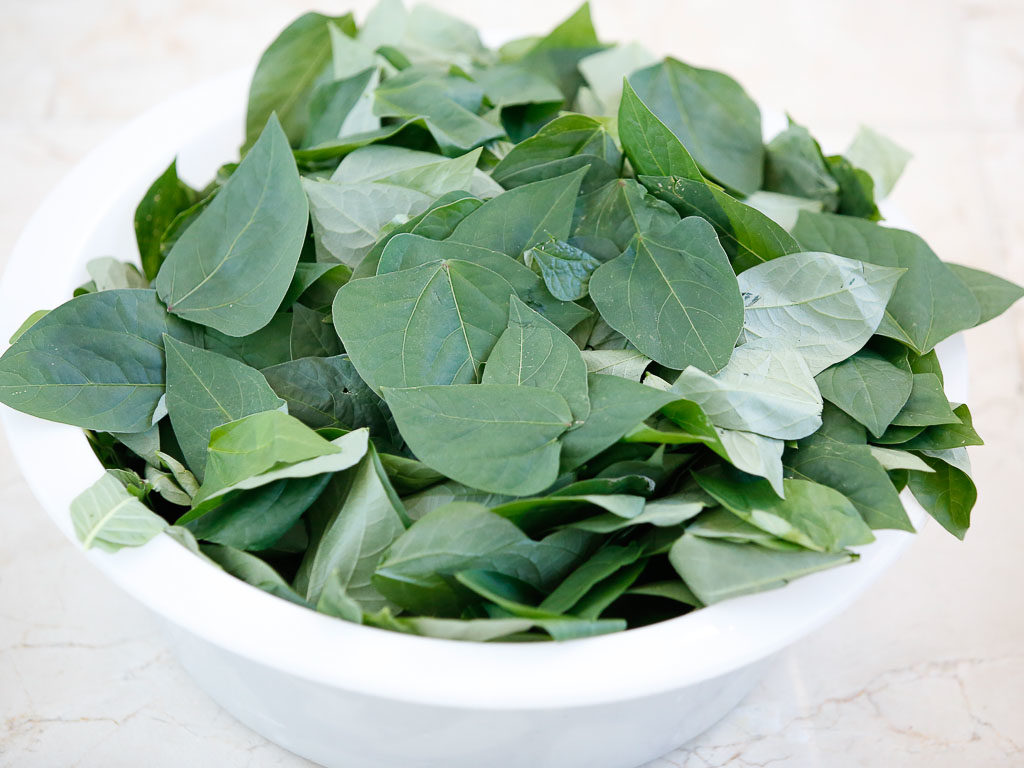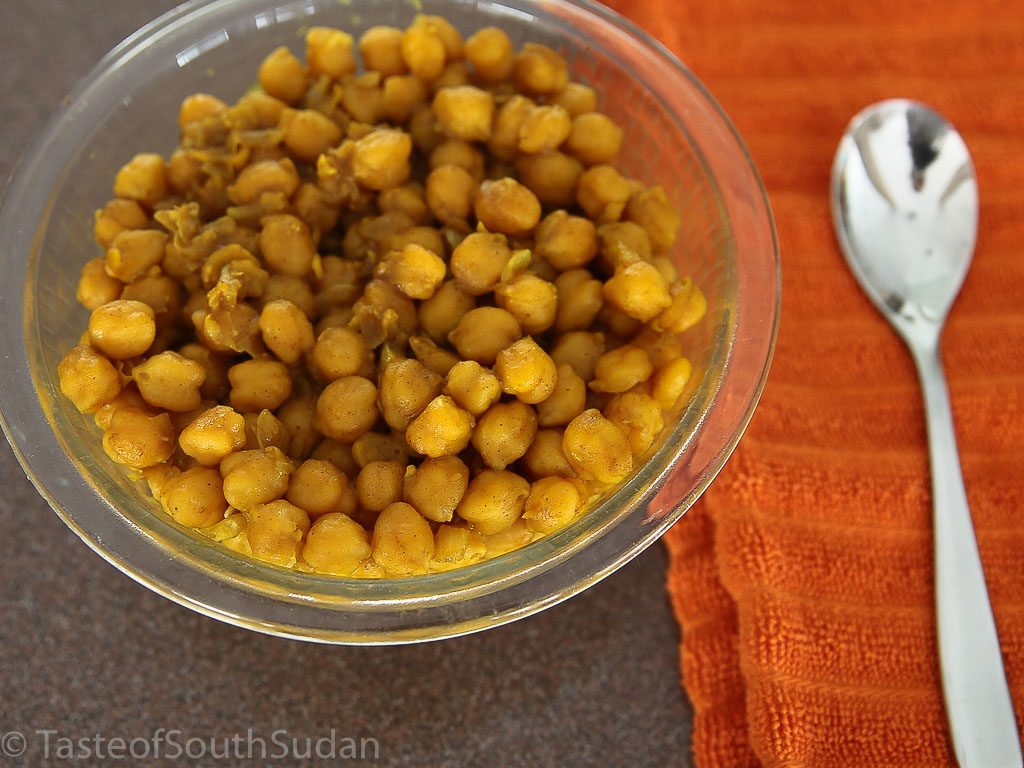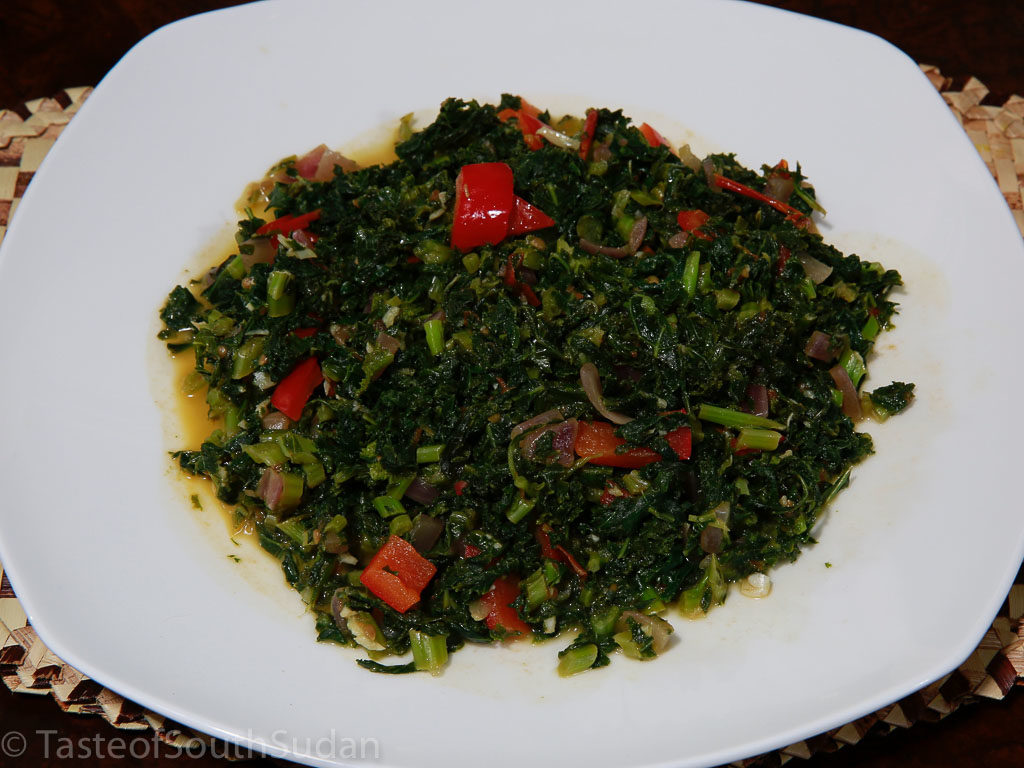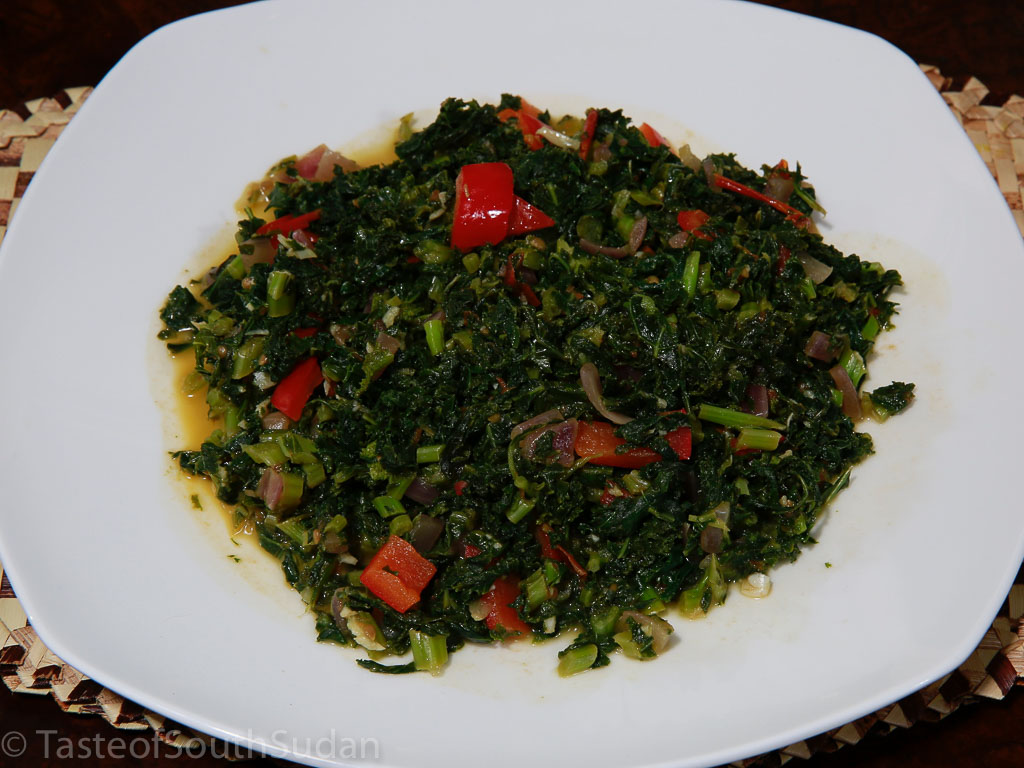
What comes to mind when you hear the word vegetarian or vegan? Probably most may say vegetables and I agree with you because it’s not far from the answer. Vegetarian, vegan, and pescatarian diets all involve eating more vegetables and less meat and poultry. Pescatarian diets include seafood, while vegan diets exclude all animal-derived products, including dairy and eggs. Vegetables are parts of plants consumed by human beings or other animals as food. These may include flowers, fruits, stems, leaves, roots, and seeds. In today’s world, vegetarianism has been a mainstay of many indigenous cultures around the world. The Western world has just started embracing vegetarianism due to health benefits and concern about the environment (1). In this article we will describe how the South Sudanese traditional diet features plenty of vegetarian meal options.
Religions that practice vegetarianism
The religions of Hinduism, Buddhism, and Jainism are vegetarian meaning they practice vegetarianism, this is in contrast to most religions in the world that do not require vegetarianism In Jainism, vegetarianism is mandatory for everyone; in Hinduism(2), Mahayana Buddhism, and certain Dharmic religions such as Sikhism, it is promoted by scriptures and religious authorities but not mandatory. Practicing a vegan lifestyle in the United States may be a bit costly, however, in Africa, vegan life is the most simple and cost effective diet to maintain.

Sauteed chickpeas, in olive oil with onions, garlic and spices.
Vegetarian practice in South Sudan
South Sudan is a country located in the East Africa. South Sudanese embrace a vegetarian diet in their every day meals. However, they also include meat, poultry and fish. South Sudanese would be considered flexitarians (3) or semi-vegetarians according to the new way of classifying vegetarians who occasionally eat meat. South Sudanese families often have small gardens in the backyard of their homes where they grow vegetables such as spinach, okra, and sukuma wiki. This is the name of the meal (sukuma wiki = push the weak along) but the actual vegetable is kale greens or collard greens. And those are not native to South Sudan or Sudan, we adopted them from Kenya. Other vegetables consumed include cassava leaves, eggplants, and moringa among others. Many families rear poultry at home such as chicken in a free-range system feeding on organic food from the soil. South Sudanese also rear animals in their homes such as cows, goats, and sheep. These animals are fed on fresh organic grass that grows from the fertile grounds of South Sudan. In general, I would say, South Sudanese feed more on organic food starting from organic meat to organic fresh vegetables.

Sukuma wiki kale dish
The South Sudanese vegan dishes
South Sudanese have a unique system of how they prepare their dishes. They make sure their meals have a well-balanced diet meal plan which includes all the food values. South Sudanese usually mix vegetables and meat to make one dish such as lamb/beef stew with okra, spinach with fish, nyete (black eyed peas leaves) with meat, and cassava leaves with beef/fish commonly known as pondu, eggplants with beef/fish, fish with okra among others. Others prefer to make pure vegan dish such as sukuma wiki, nyete, and moringa as side dishes to accompany the beef stew, chicken stew, or fish stew.
Importance of vegetables
Being a vegetarian is something worth trying because it comes with good health benefits such as; It reduces the risk of a heart attack. All things considered, vegan suppers will generally be normally lower in immersed fat and cholesterol. Green leafy vegetables contain vitamin K (4) which is thought to inhibit inflammation and calcium buildup in coronary arteries. This brings down the risk of blood vessel harm and forestalls numerous heart inconveniences in the future.
It helps in reducing the risks of cancer. Vegetables are loaded with disease battling supplements and antioxidants that might lessen your risk of specific kinds of malignant growth. Cruciferous vegetables like Brussels fledglings and cauliflower have been read up for their malignant growth battling power. They convey potassium, folate, Vitamin C, and phytochemicals as well as sulforaphane (most elevated in broccoli) which might safeguard your cells from carcinogens.
It improves the immune system. It’s no mystery that vegetables impact one’s immune system. Vitamin C is a key supplement that is found in bunches of vegetables, for example, broccoli, bell peppers, and oranges among others that keep your immune system solid. Additionally eating even eating routine with different food, for example, organic products, grains, sound fats, and protein sources likewise helps to work on the invulnerable immune system.
It controls diabetes. This is because vegetables are especially high in fiber which is required for ideal processing. They have a low glycemic record so your glucose won’t rise rapidly after a feast.
It lowers blood pressure. Many green verdant vegetables like kale, spinach, and chard contain potassium. Potassium assists your kidneys with sifting sodium through your body all the more effectively which can decrease your blood pressure.
I would say practicing the South Sudanese vegetarian system is something worth trying. This is because one has the chance to enjoy various dishes that comes with good nutrients that are good for your health. These nutrients help in reducing the risks of getting some diseases. Taste of South Sudan has various vegetarian recipes that I would recommend you to watch.
Here is a recipe of how to make Eggplant Salad with Peanut Butter.
We are also coming up with a recipe book this year to help you learn how to cook these vegetarian dishes. Send us your email address to keep track of when the book will be launched and our monthly newsletter.
Research for this article involved reading the following sources:
- Ruby MB (2012) Vegetarianism. A blossoming field of study. Appetite 58, 141–150. [PubMed]
- Tähtinen, Unto (1976). Ahimsa: Non-Violence in Indian Tradition. London. pp. 107–111. [WIKI]
- Emma J. Derbyshire (2016) Flexitarian Diets and Health: A Review of the Evidence-Based Literature [Front Nutr.] 2016; 3: 55.
-
Bellinge, et al. (2021) Vitamin K Intake and Atherosclerotic Cardiovascular Disease in the Danish Diet Cancer and Health Study. Journal of the American Heart Association. 7 Aug 2021 [JAMA]



0 Comments